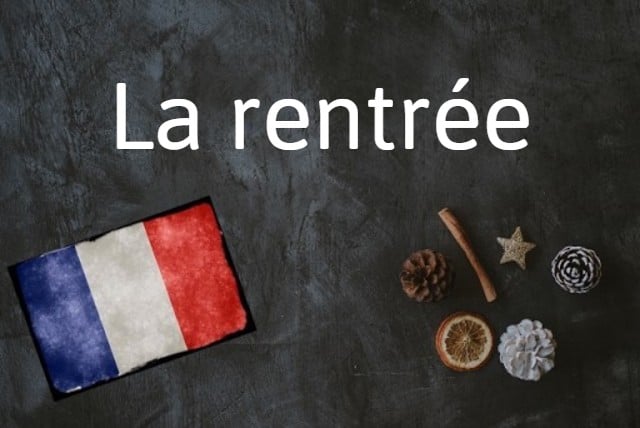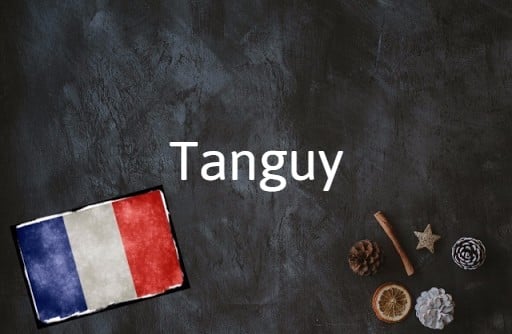Why have we chosen la rentrée?
From news sites to adverts, this word is hard to escape at the moment.
In France, la rentrée doesn’t only refer to a specific time of year, it is also something of a tradition and a cultural moment in France.
So, what does it mean?
La rentrée – pronounced lah ron-tray – literally means ‘the return’ and is the term used to mean the start of the school year and the return to work after the summer holidays during the first week of September.
But as you’ll know if you live in France, it takes on a greater sense of importance than the English translation might suggest.
In France, with many people – especially those with children – taking three weeks off over the summer and with school children on holiday for a whopping two months during July and August, getting back to work after the break is a big deal.
It is almost seen as a substitute for New Year and in France la rentrée is seen as a fresh beginning, which doesn’t only apply to school children – adults return to work, governments usually launch a new programme of policies and there’s a flurry of new books published.
Why ‘la rentrée’ means so much more in France than a new school year
La rentrée scolaire – the school return, traditionally on September 1st
La rentrée littéraire – the peak of the publishing year, as new books are published in September, hoping to catch the eye of the judges of France’s book prizes.
La rentrée politique – the restart of parliament after its summer break and the launching of new policy programmes
Examples
La rentrée scolaire aura lieu début septembre – The start of the school year will take place at the beginning of September.
In headlines:
Les 100 choses à faire à Paris à la rentrée – One hundred things to do in Paris at the beginning of term.
Le coût de la rentrée scolaire de plus en plus cher – The cost of the start of the school year gets more and more expensive.
Bonne rentrée à tous !



 Please whitelist us to continue reading.
Please whitelist us to continue reading.
Member comments